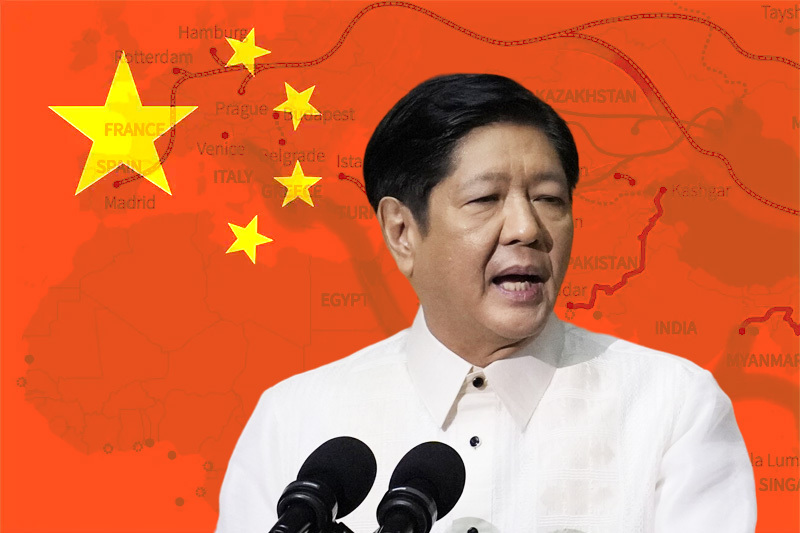
Belt And Road Initiative: Exploring Geopolitical Concerns And Debt Burdens
The Philippines has opted to exit Chinese President Xi Jinping’s trillion-dollar Belt and Road Initiative, delivering a significant blow to the ambitious infrastructure project.
A few weeks ago, Italy declared its plan to discontinue its participation in the project by the end of the year, citing unmet expectations. It was the only G7 member engaged in the BRI.
The Philippines’ decision follows a grand BRI Summit in Beijing last month, with President Xi seen welcoming leaders and delegates from more than 140 countries.
Territorial Disputes In South China Sea
The announcement comes on the heels of a recent collision between a Philippines boat and a Chinese coastguard vessel in the disputed South China Sea.
Furthermore, the Chinese military has also alleged a Philippines military vessel entered waters near the contested Scarborough Shoal without permission, a claim Manila said is overhyped.
The Philippines is turning to Japanese and Western counterparts now, signalling the uphill battle that many of China’s key initiatives in the country face due to economic and political reasons.
Keep Reading
Reduced Chinese Involvement In BRI Projects
Philippine Transportation Secretary Jaime Batista announced the dropping of $4 billion in Chinese infrastructure initiatives, including two railway projects in Mindanao and Luzon.
“We can’t wait forever and it seems like China isn’t that interested anymore,” said Batista during a forum in Manila organised by European investors.
China’s participation in the BRI has seen investments well-below its decade-long average of $94 billion since the beginning of 2020, according to China Global Investment Tracker.
Is The Belt And Road Initiative Exploitative?
According to Bloomberg, the overall activity within the mega project has dropped by 40% from its peak in 2018, primarily due to economic concerns at home and related debt issues.
A worryingly high number of countries receiving financial support from China are grappling with considerable debt burdens, including the cash-strapped Sri Lanka.
While some countries have praised the BRI, some have accused Beijing of engaging in ‘Debt Trap Diplomacy’, aiming to grab control of countries’ assets if they’re unable to repay the loans.




